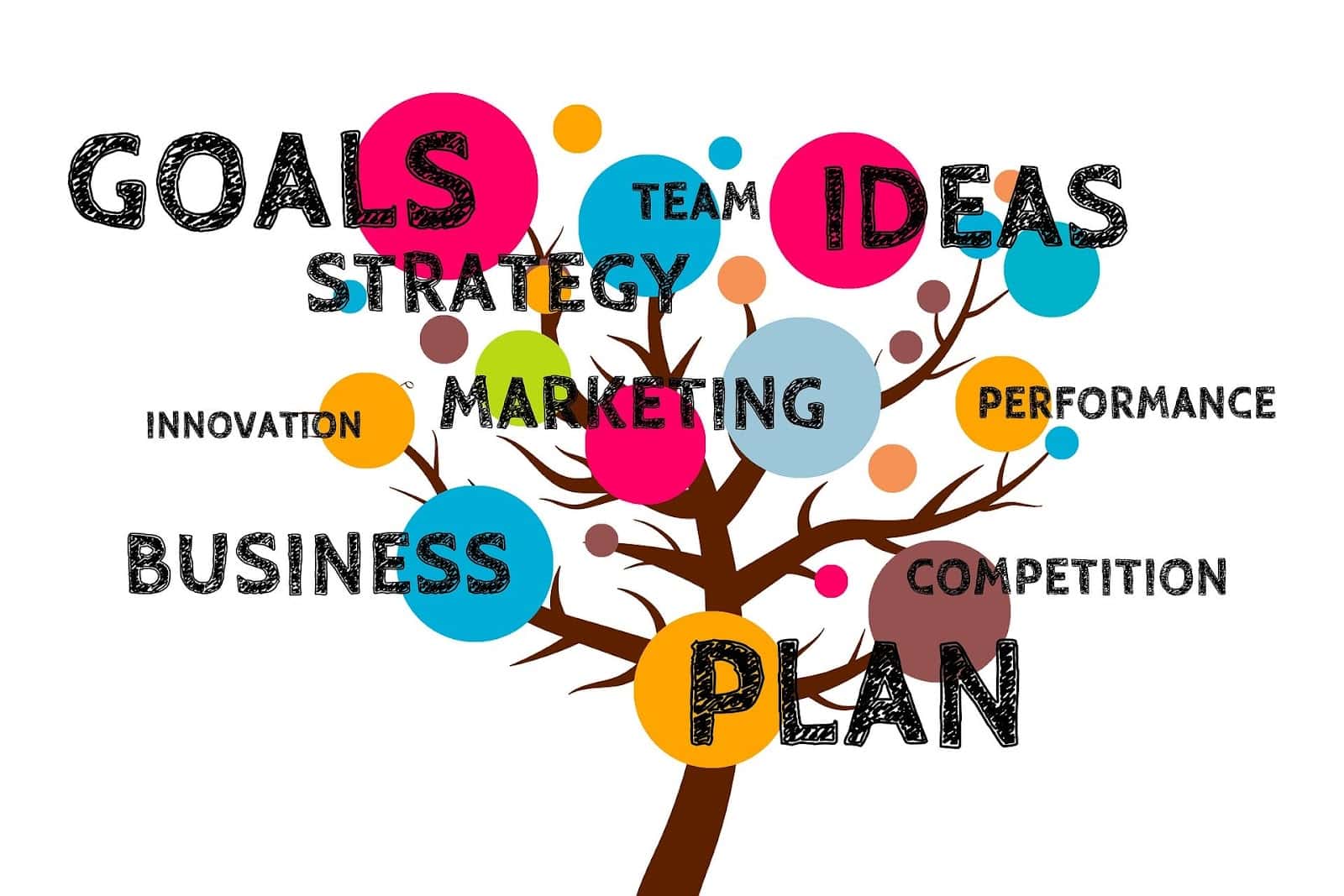In the dynamic and volatile world of startups, team environment plays a pivotal role in driving success. The team environment within a startup isn’t just about creating a physically comfortable space to work. Instead, it involves cultivating a culture that facilitates collaboration, innovation, and adaptability. This culture must resonate with each member, encouraging them to contribute their best efforts towards achieving collective goals. Creating this sort of environment is no easy feat, especially when you grow your startup rapidly, yet it’s crucial for long-term success.
In this article, we’ll explore five original and promising strategies to foster an effective startup team environment.

1. Cultivate Psychological Safety
Cultivating psychological safety within a startup team is crucial for fostering an environment where individuals feel comfortable expressing themselves and taking risks. This psychological safety encourages open communication, collaboration, and innovation. Here are some ways to cultivate psychological safety:
- Encourage open and honest communication: Create channels and platforms where team members can freely share their thoughts, ideas, and concerns. Conduct regular team meetings or brainstorming sessions to provide opportunities for everyone to contribute and be heard. Active listening and respectful dialogue are key to building trust and psychological safety.
- Embrace diversity of thought: Encourage different perspectives and opinions within the team. Avoid dismissing or criticizing ideas too quickly. Instead, explore them further and encourage constructive discussions. When team members see that their input is valued, they will feel more comfortable sharing their thoughts.
- Appreciate and learn from mistakes: Mistakes happen in every startup, and it’s important to create an environment where team members are not afraid to make them. Encourage a growth mindset and view mistakes as learning opportunities. When mistakes occur, focus on identifying the lessons learned and implementing improvements rather than assigning blame.
Example of this idea can be: During a team meeting, a team member shares an idea that challenges the status quo. Instead of dismissing the idea or criticizing it right away, the leader encourages the team to explore it further. They ask questions, seek input from other team members, and discuss the potential benefits and risks. This encourages the team member to share more ideas in the future, fostering psychological safety.
2. Promote Collaborative Leadership
In a startup team, collaborative leadership empowers individuals to take ownership and contribute to decision-making processes. This approach not only distributes responsibility but also enhances team engagement and commitment. Here’s how you can promote collaborative leadership:
- Delegate decision-making: Avoid micromanaging and delegate decision-making authority whenever possible. Empower team members to make decisions within their areas of expertise. This not only lightens the leader’s load but also gives team members a sense of ownership and accountability.
- Encourage autonomy and initiative: Provide autonomy to team members to carry out their tasks and projects. Encourage them to take initiative, propose new ideas, and find solutions to challenges. Create a culture that values proactivity and rewards innovative thinking.
- Foster a flat organizational structure: Instead of a hierarchical structure, promote a flat organizational structure where the focus is on collaboration and teamwork. Encourage cross-functional collaboration and emphasize the value of diverse skills and perspectives. This allows for a more agile and adaptable startup environment.
Example can be – In a startup, the team leader encourages each team member to take turns leading specific projects or initiatives. This allows individuals to develop leadership skills, gain experience, and make decisions within their area of responsibility. The leader provides guidance and support while giving team members the autonomy to drive the projects forward.

3. Foster Diversity and Inclusion
Diversity and inclusion are essential for creating a startup team environment that thrives on creativity, innovation, and adaptability. By fostering diversity and inclusion, you can benefit from a wide range of perspectives and experiences. Here’s how you can foster diversity and inclusion within a team in your startup:
- Embrace equitable hiring practices: Implement recruitment strategies that focus on attracting a diverse pool of candidates. Consider factors such as gender, ethnicity, age, and background when evaluating candidates. Strive for a balanced representation of diverse perspectives within the team.
- Provide diversity and inclusion training: Offer training programs that raise awareness about unconscious bias, cultural sensitivity, and inclusion, such as DEI learning and development initiatives. These programs can help team members develop a deeper understanding of the value of diversity and learn how to create an inclusive environment.
- Create a culture of respect and acceptance: Ensure that all team members are treated with respect and dignity. Encourage open-mindedness and discourage discriminatory behavior or language. Celebrate diversity by recognizing and appreciating the unique contributions each team member brings to the table.
An example of this can be: A startup actively seeks candidates from diverse backgrounds by promoting job openings on platforms and communities that specifically target underrepresented groups in the industry. During the interview process, the startup evaluates candidates based on their skills, experiences, and potential rather than solely relying on traditional qualifications. This approach helps build a team that represents a variety of perspectives and backgrounds and helps your business in general.
4. Develop a Shared Vision and Values
A shared vision and values provide a clear direction and purpose for the startup team. It aligns everyone towards a common goal and guides their decision-making and actions. Here’s how you can develop a shared vision and values in your new business:
- Communicate the vision consistently: Clearly articulate the startup’s vision and ensure it is communicated consistently to all team members. Reinforce the vision through regular updates, team meetings, and written communications. Help team members understand how their individual roles contribute to the overall vision.
- Involve the team in defining values: Collaboratively define the values that will guide the team’s behavior and decision-making. Involve team members in the process to create a sense of ownership and commitment. The values should reflect the team’s aspirations, ethics, and desired culture.
- Lead by example: As a startup leader, embody the values and vision in your own actions and decisions. Be a role model for the team and demonstrate how the values guide your behavior. Encourage team members to hold each other accountable for upholding the shared values.
One example is: A startup’s vision is to revolutionize the healthcare industry through technology-driven solutions. The founder consistently communicates this vision, emphasizing the importance of providing accessible and affordable healthcare to all. In collaboration with the team, they define values such as empathy, innovation, and integrity. The startup regularly organizes workshops and discussions to reinforce these values and ensure they are integrated into everyday work.

5. Encourage Continuous Learning and Development
Continuous learning and development are essential to keep the startup team up-to-date with the latest trends, technologies, and skills. It boosts individual growth, team performance, and the startup’s overall competitiveness. Here’s how you can encourage continuous learning and development:
- Provide learning opportunities: Offer training programs, workshops, or webinars that address relevant skills and knowledge gaps. Consider both internal and external resources to cater to different learning preferences. Encourage team members to attend conferences or industry events where they can network and learn from experts.
- Support self-directed learning: Allocate dedicated time for team members to pursue self-directed learning. This could include reading industry publications, taking online courses, or participating in professional communities. Encourage the sharing of knowledge and resources within the team.
- Foster a culture of learning: Create an environment where continuous learning is valued and rewarded. Recognize and celebrate team members’ efforts in expanding their skills and knowledge. Encourage the sharing of learnings and best practices within the team to facilitate collective growth.
Example: A startup sets aside a portion of the budget for employee training and development. They provide access to online learning platforms and offer regular workshops on topics such as digital marketing, data analysis, and leadership skills. The startup also encourages team members to share interesting articles or books they come across and organizes lunch-and-learn sessions for knowledge sharing.

Conclusion
Creating an effective startup team environment is a multifaceted process that requires conscious effort and continuous improvement. It’s about creating a culture where everyone feels safe, valued, and inspired to contribute their best efforts. By cultivating psychological safety, promoting collaborative leadership, fostering diversity and inclusion, developing a shared vision and values, and encouraging continuous learning and development, you can create a team environment that drives your startup towards success.
However, it’s essential to remember that every team is unique, and there is no one-size-fits-all approach. What works for one team may not work for another. Thus, it’s crucial to understand your team’s unique dynamics, strengths, and needs to tailor your strategies accordingly. Above all, remember that an effective team environment is built on respect, trust, and mutual understanding, and these should be the guiding principles in your journey towards creating a thriving startup culture.
